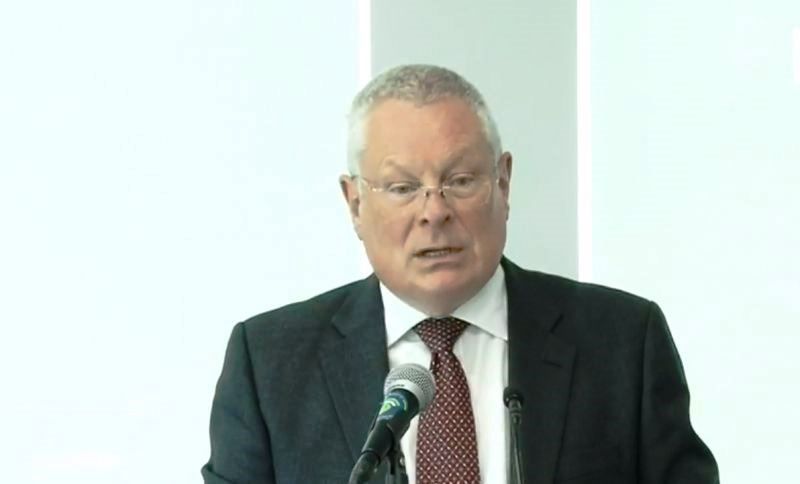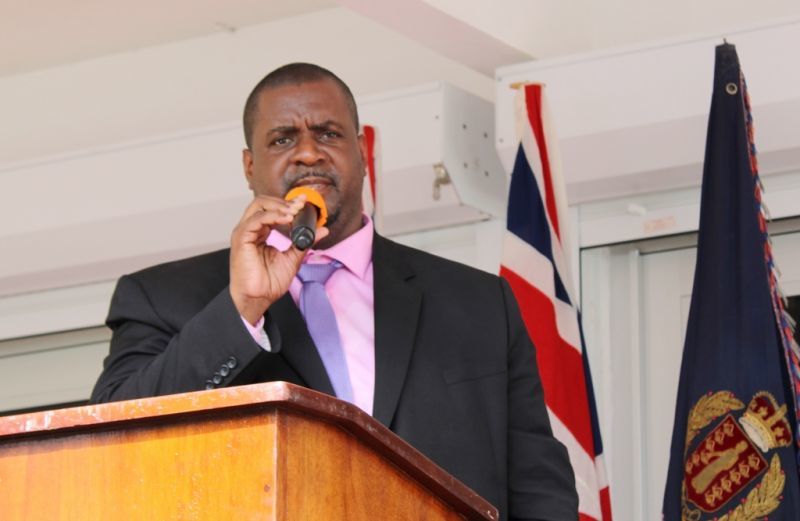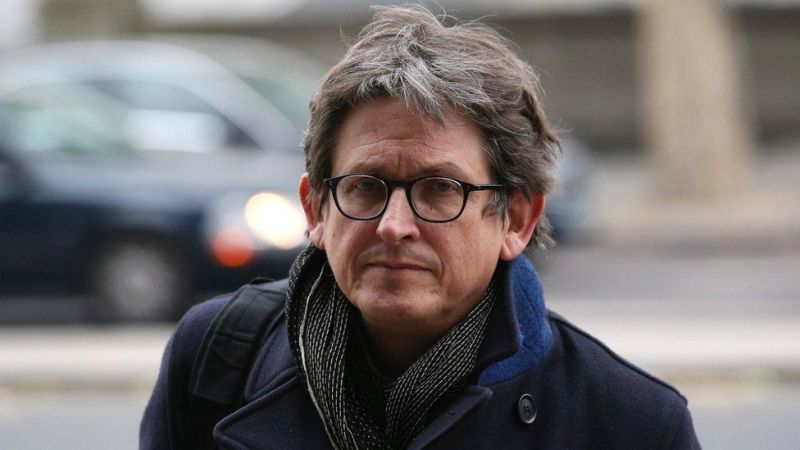
More hypocrisy! UK Gov’t accused of trying to muzzle free press
In a recent consultation, the Home Office argued the Official Secrets Act should be redrawn to counter modern security threats.
But, according to the BBC, campaign groups and journalists have warned the plans could curtail investigative reporting and threaten whistleblowers.
The beleaguered UK Prime Minister, Alexander Boris de Pfeffel Johnson, has denied that the planned overhaul of the UK's secrecy laws could pose a threat to a free press.
What is the Official Secrets Act?
According to the BBC, the Official Secrets Act makes it a criminal offence for current or former government employees to leak certain types of information considered "damaging".
These cover areas including security and intelligence, defence and international relations.
Anyone - including journalists - can be prosecuted for publishing leaked information covered by the legislation.
This offence, known as "onward disclosure", currently carries the same maximum two-year jail term that applies to officials leaking information.
What is being proposed?
In May 2021, the Home Office published a consultation paper containing a number of proposals to revise the Official Secrets Act.
It followed a review of the legislation by the Law Commission originally commissioned in 2015 and finally published last September.
The Home Office backed suggestions from the Commission that maximum sentences should be increased, and it should consider whether more types of information should be covered by the Act.
The government also said it would look at extending the Act to cover British citizens overseas, and non-British citizens.
However, the UK government did not endorse a recommendation from the Commission to include a specific public interest defence.
Outrage, attack on free speech
This has sparked anger from campaigners and industry groups, many of whom have long campaigned for such a defence.
Reporters Without Borders said a public interest defence was "a crucially necessary reform" to prevent "serious risks for journalists".
In an editorial, the Sun newspaper has criticised them as a "licence for cover-up" that would prove a "chilling clamp" on investigative journalism.
And former Guardian editor Alan C. Rusbridger, who oversaw the publication of the Edward J. Snowden leaks on US surveillance, has warned they could "criminalise journalism" and pose a "menacing threat to free speech".
VI CoI accused of illegally publicising info
Meanwhile, the Commission of Inquiry has been criticised for demanding documents and information that was intended to be kept private or not yet authorised for public disclosure.
One such case was the Auditor General being allowed to publicly submit information to the CoI from a Report that had not yet been laid in the House of Assembly.
The legal procedure was that the Report needed to be first sent to the Governor and the relevant Ministers and then brought before the House of Assembly.
House Speaker Julian Willock had said it was a “clear indication” that the CoI had no respect for the HoA and the laws of the territory.
In April, 2021, Premier and Minister of Finance Honourable Andrew A. Fahie (R1) revealed that the CoI had requested private, sensitive information from locals seeking government’s assistance during their most vulnerable moments.
VI Whistleblower Act held up @ Governor’s Office!
Meanwhile, in contrast to the direction the UK Government seems to be heading in, the Virgin Islands Government passed the promised Whistleblower Act 2021, on June 24, 2021.
More than a month later; however, the legislation, which, according to Premier Fahie, protects persons reporting on “wrong doing” in government and adds another layer to good governance, has not yet been assented to by Governor John J. Rankin CMG.
 The Virgin Islands' Commission of
Inquiry, led by the lone Commissioner Gary R. Hickinbottom, has been
criticised for demanding documents and information that was intended to
be kept private or not yet authorised for public disclosure.
The Virgin Islands' Commission of
Inquiry, led by the lone Commissioner Gary R. Hickinbottom, has been
criticised for demanding documents and information that was intended to
be kept private or not yet authorised for public disclosure.
 In April 2021, Premier and Minister of
Finance Honourable Andrew A. Fahie (R1) revealed that the CoI had
requested private, sensitive information from locals seeking
government’s assistance during their most vulnerable moments.
In April 2021, Premier and Minister of
Finance Honourable Andrew A. Fahie (R1) revealed that the CoI had
requested private, sensitive information from locals seeking
government’s assistance during their most vulnerable moments.
 Former Guardian editor Alan C.
Rusbridger, who oversaw the publication of the Edward J. Snowden leaks
on US surveillance, has warned they could 'criminalise journalism' and
pose a 'menacing threat to free speech'.
Former Guardian editor Alan C.
Rusbridger, who oversaw the publication of the Edward J. Snowden leaks
on US surveillance, has warned they could 'criminalise journalism' and
pose a 'menacing threat to free speech'.










